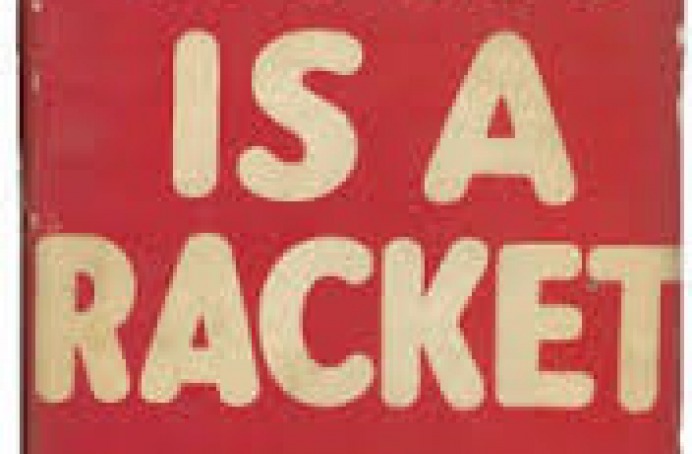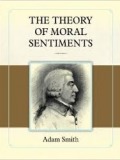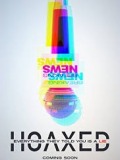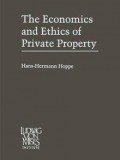Book

War Is A Racket
"War is a Racket" is marine general, Smedley Butler's classic treatise on why wars are conducted, who profits from them, and who pays the price. Few people are as qualified as General Butler to advance the argument encapsulated in his book's sensational title. When "War is a Racket" was first published in 1935, Butler was the most decorated American soldier of his time. He had lead several successful military operations in the Caribbean and in Central America, as well as in Europe during the First World War. Despite his success and his heroic status, however, Butler came away from these experiences with a deeply troubled view of both the purpose and the results of warfare.
aboutLiberty Portal
Liberty Portal is your gateway for free markets and free thinking. We aggregate open-sourced content to promote and popularize important people and lessons within the liberty movement.
suggested
Adam Smith
The Theory of Moral Sentiments

Man’s moral nature is influenced by sentiment and sympathy. The human ability to sympathize forms the psychological basis of man’s desire to adhere to natural moral laws. Adam Smith explores ideas about individual freedom and self-interest, conscience and virtue, and a classic work of moral philosophy that remains relevant.
Read more
Mike Cernovich
Hoaxed

Also a major motion picture, Hoaxed explores how misinformation spreads online in conversations with several high profile guests and celebrities. Hoaxed is a collection of original essays - some snarky, some serious, and some gossipy - by Cernovich. Also included are long form interviews with high profile media figures.
Read more
Hans Herman Hoppe
The Economics and Ethics of Private Property

"Do not steal" is an excellent principle of ethics; it is also the first principle of sound economic systems. In our time, no one has done more than Hans-Hermann Hoppe to elaborate on the sociological implications of this truth. And this is his great work on the topic.
Read more


